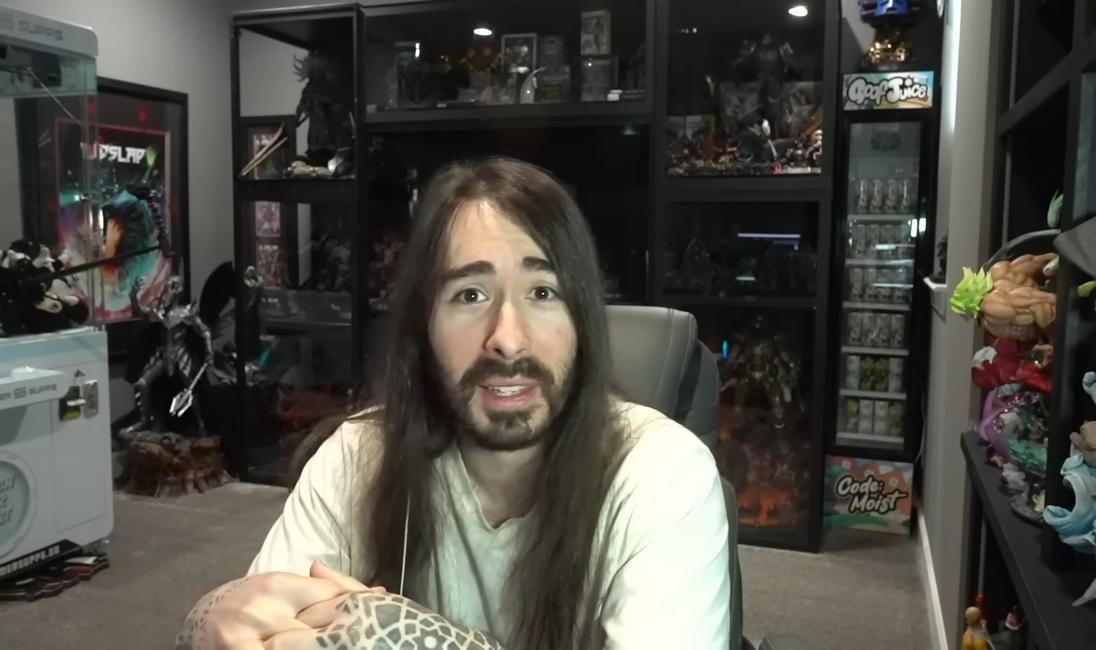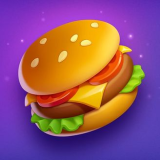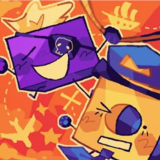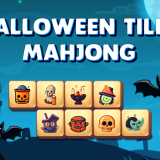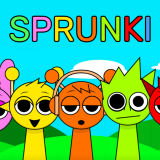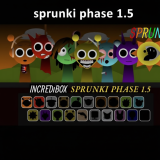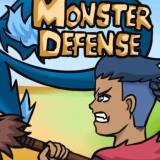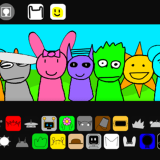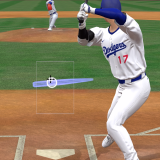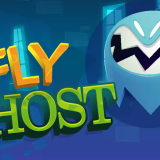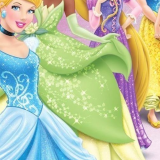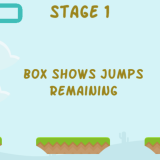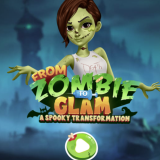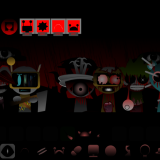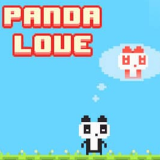So, this happened. The other day I'm scrolling through my usual YouTube rabbit holes – you know, the ones that start with a cute cat video and end with a conspiracy theory about ancient aliens building the pyramids (don't judge) – and I see this headline. “Top YouTuber Requests Fans to Halt Payments.”
My first thought? Scandal! Drama! Someone's getting canceled! But, actually, that's not quite right. The reason behind the request was, well, surprisingly wholesome. It made me rethink the whole creator-fan relationship, and it's something I think is really important for everyone – creators and viewers alike – to understand. It's a real paradigm shift.
See, we often talk about the dark side of online fame: the pressure, the burnout, the constant need to create. But this YouTuber (who shall remain nameless for reasons that will become clear) brought up something even more fundamental: the financial burden that dedicated fans sometimes put on themselves to support their favorite creators.
The Unexpected Plea: YouTuber Says "No More!"
The frustrating thing about this topic is, on the surface, it seems counterintuitive, right? A YouTuber, someone presumably making money from their content, telling people to stop giving them money? It sounds crazy! Like a store owner begging people to stop buying their stuff. But here’s the thing: this wasn't about financial hardship on the creator’s part. It was about the fans. The YouTuber realized that some fans were spending a significant portion of their disposable income – sometimes even going into debt – to subscribe, donate, and buy merchandise.
I initially thought, “Well, that's their choice, isn’t it?” But after looking deeper (and reading the YouTuber’s explanation), I realized it's not quite that simple. The parasocial relationships that develop between creators and their audiences can be incredibly powerful, and sometimes, that power dynamic can lead to unhealthy spending habits. Especially from younger fans who may not fully understand the financial implications. This is a tricky area.
Think about it this way: you're building a community, a tribe. You're offering entertainment, education, maybe even a sense of belonging. The last thing you want is for someone to feel pressured to financially support you in a way that harms them. Right?
The Ethics of Online Monetization
But it gets even more interesting. This situation raises some really important questions about the ethics of online monetization. Where is the line between offering fans a way to support your work and inadvertently encouraging them to overspend? I've got to admit, this part fascinates me. There's no easy answer. Platforms like Patreon, YouTube Memberships, and Twitch subscriptions have become vital revenue streams for creators, allowing them to produce content more consistently and often at a higher quality. But are these systems inherently exploitative? Or are they simply tools that can be used responsibly or irresponsibly?
The best example that comes to mind is seeing streamers or YouTubers offer shout-outs for donations, or offer subscriptions that get you into exclusive discord channels or other perks. I mean, I get it, but its starting to become more like a direct transaction and less like a community. What's next, pay to be friends?
The key, I think, is transparency and awareness. Creators need to be upfront about their financial situation and actively discourage fans from spending beyond their means. But even more than that, platforms need to take responsibility. They need to implement safeguards to prevent vulnerable individuals from falling into financial traps. Maybe that means setting spending limits, offering financial literacy resources, or even just promoting a culture of mindful consumption.
Fan Support: A Balancing Act
We can't ignore the vital role that fan support plays in the online ecosystem. Without it, many creators wouldn't be able to do what they do. But it's a two-way street. It's about building a community based on mutual respect and genuine connection, not just financial transactions. Fans support creators because they enjoy their content, feel a connection, and want to see them succeed. Creators, in turn, have a responsibility to be mindful of the impact they have on their audience and to prioritize their well-being.
And that brings me back to the original YouTuber. By publicly asking fans to halt payments, they weren't just sacrificing potential income. They were sending a powerful message: "I care more about your well-being than my own bottom line." That's the kind of integrity that builds lasting relationships and truly dedicated communities.
But, there's more to it than just integrity. The other day I was playing some subway surfers (don't judge), and I started thinking about how free games use microtransactions and how similar it is. It's not a 1 to 1 comparison, but it's close.
Looking Ahead: A More Sustainable Model?
So, what does this all mean for the future of online content creation? I don't have all the answers (and anyone who claims they do is probably selling something). But I think it points towards a more sustainable model, one that prioritizes ethical monetization, genuine community building, and the well-being of both creators and fans.
Maybe that means exploring alternative revenue streams, like sponsorships or merchandise (sold responsibly, of course). Maybe it means focusing on creating content that provides real value, not just fleeting entertainment. Or maybe it just means having more open and honest conversations about money and the role it plays in our online lives. Whatever the answer, one thing is clear: the relationship between creators and fans is evolving, and it's up to all of us to shape it into something positive and sustainable.
FAQ: Navigating the YouTuber-Fan Financial Dynamic
Why would a YouTuber ask fans to stop paying them?
That’s the big question, isn't it? Typically, it stems from a concern that some fans might be overextending themselves financially to support the creator. It's a gesture of caring, prioritizing the fan's well-being over immediate financial gain.
How can I support my favorite YouTuber without breaking the bank?
There are tons of ways! Engagement is key – liking, commenting, and sharing their videos helps boost visibility. Word-of-mouth recommendations are incredibly valuable, too. And of course, if you do choose to donate or subscribe, set a budget and stick to it!
Is it okay to feel obligated to financially support a YouTuber I like?
Absolutely not! Here's the thing: support should always be a choice, not an obligation. A good creator will value your engagement and enthusiasm just as much as your money.
How do I know if I'm spending too much money on YouTube subscriptions?
A good rule of thumb is to consider whether your spending is impacting your ability to cover essential expenses or achieve your financial goals. If you're sacrificing necessities or going into debt, it's time to re-evaluate.
- First important point about the content
- Second point with detailed explanation
- Another noteworthy detail
- Final concluding thought
